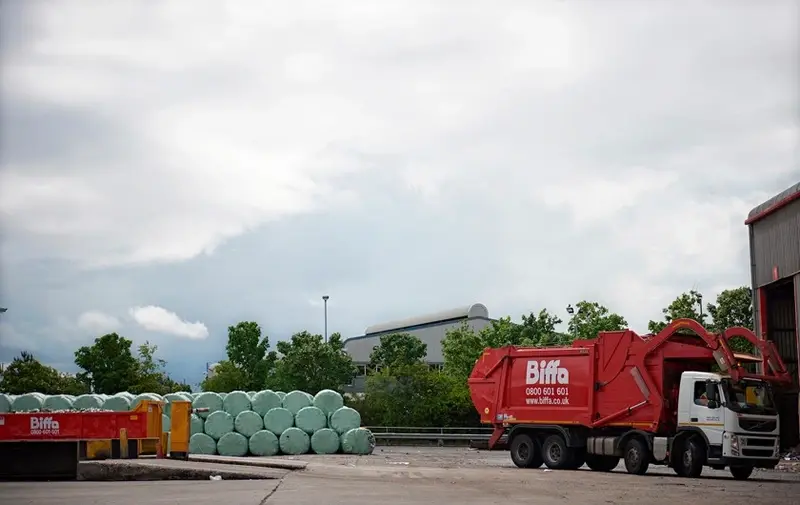
Waste management company Biffa (BIFF) reported revenues up 7% to £1.2bn and operating profit up 11% to £90.5m for the year ended 27 March 2020, but passed on the final dividend as part of its cash conservation measures. The shares fell 6% to 246.8p.
Although better than analysts had expected, the results are largely irrelevant as they only cover one week of lockdown. Since then, industrial and commercial (I&C) waste collection has seen a 50% reduction in revenues, while municipal services have been relatively unaffected.
Recent weeks have seen an increase in revenues, but I&C and landfill operations are still around 40% below pre-lockdown levels. However the prospects for collections are tied to the growth of the economy, which look challenging at the current point.
SCENARIO TESTING
In response to the pandemic the firm has deferred all discretionary operating and capital spending as well as acquisitions while the board and executive team have taken pay cuts.
Roughly 1,500 employees have been furloughed and the company has renegotiated waivers on lending covenants as well as securing £60m of additional headroom.
These actions have resulted in a modest modest monthly cash burn, while earnings before, interest, tax, depreciation and amortisation (EBITDA) remain positive.
The firm’s base case scenario assumes a subdued recovery after lockdown is lifted at the end of June, which would see full-year revenues 10% lower and impact EBITDA resulting in net debt to EBITDA rising to 3 times from the current 1.8 times.
Under its worst case scenario the ratio could rise to 4 times, above the current covenant limit of 3.5 times. Net debts are expected to remain around £300m.
SUSTAINABILE GROWTH OPPORTUNITIES
In light of this, the company is considering its funding options, which include raising new equity capital to allow it continue ‘previously outlined growth investment opportunities across I&C, closed loop plastic recycling and Energy from Waste, without delay.’
Biffa has a strategic priority to grow I&C through organic and synergistic acquisitions, consolidating a fragmented marketplace and leveraging its large national footprint, which provides significant scale and sustainability advantages.
For example when the company buys a smaller collections business and integrates it into its operations, it typically results in around a 20% reduction in the number of vans on the road, saving emissions.
Expanding the plastics recycling business, Biffa Polymers and investing in its energy from waste business EfW are also key strategic goals with clear green credentials.
In March the group refinanced its borrowings with a new unsecured £350m revolving credit facility with a lower cost of debt. The company has around £150m of available liquidity.




